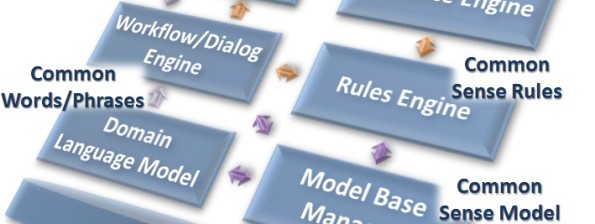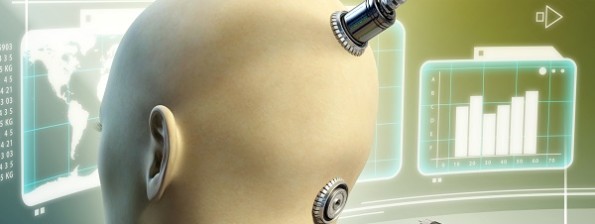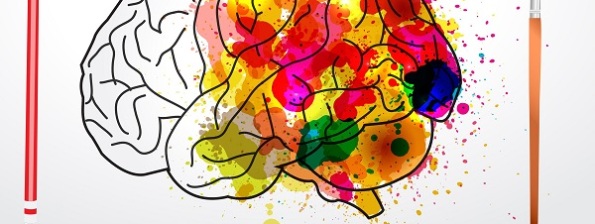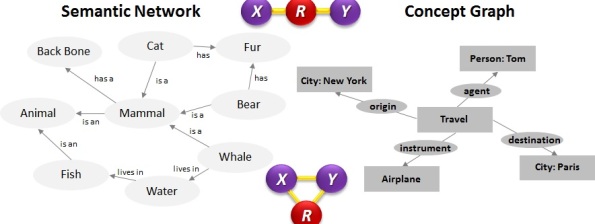Tag Archives: interpretation
29 Dec Unhuman Expertise

Artificial Intelligence has suffered from a persistent scale problem: up to now, many techniques have been shown to work well and reliably in narrowly defined domains, but outside the domains of their expertise, they fall apart very quickly. No techniques of which I am aware, have exhibited common sense in the way we expect humans […]
27 Dec Visualization Deception

The differences between the way computers think about things and the way humans process information can create significant dissonance and opportunities for misunderstanding. Both are in the business of finding answers, but approaches differ. While for humans, things we see with our eyes may be earliest and foremost in our thought process, it is almost always the […]
23 Dec Visual Knowledge Dimensions

Visualizing knowledge in graphs and charts empowers decision makers by giving them actionable knowledge in understandable format. To make this most effective, the labels on the graph must provide clearly defined context cues that make it easy to interpret. Converging data strategies using Big Data (Hadoop, NoSQL, Cassandra, MapReduce…) can change the way we access content […]
26 Nov Planning and Scheming

Select a Knowledge Representation (KR) Scheme In prior posts I have been describing the steps of building knowledge systems. A major part of Step 3: Task 1 is defining how to store knowledge – selecting a scheme. Giarratano and Riley (1989) suggest making the selection of a scheme, such as rules, frames or logic, dependent upon […]
27 Oct The Nature of Innovative Thinking

Mental Exploration The shape of the world changed radically when folks from the eastern and western hemispheres became aware of one another and of their respective geographies. The Age of Exploration (AKA the Age of Discovery) was amazing – or should I say “it is amazing”? While the focus has changed from continents and cultures, to galaxies […]
21 Oct Fuzzy Interconnectedness

Fuzzy and Interconnected Techniques Section 5 suggests that the software of cognition is very fuzzy and able to operate efficiently even without having complete or totally accurate information. We said that we want to replicate that flexibility. We spoke in Section 7 about different fuzzy approaches for representing and processing information. These approaches include artificial […]
17 Oct Neural Conceptual Dependency

Conceptual Dependency Much of this blog has been about knowledge representation: how the brain might learn and process it, how cognitive functions treat knowledge, and now, how computers may store and process it. Conceptual structures and conceptual dependency theories for computation have been useful for categorizing and representing knowledge in intuitively simple and cognitively consistent […]







